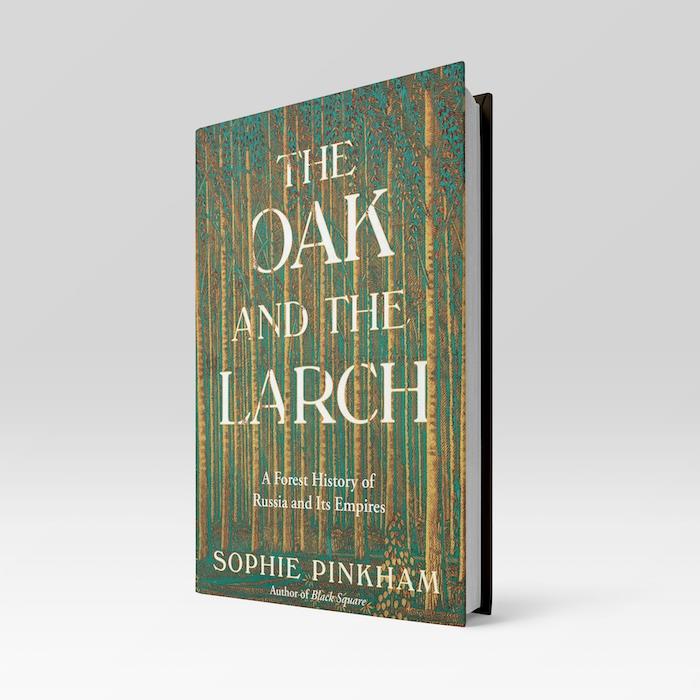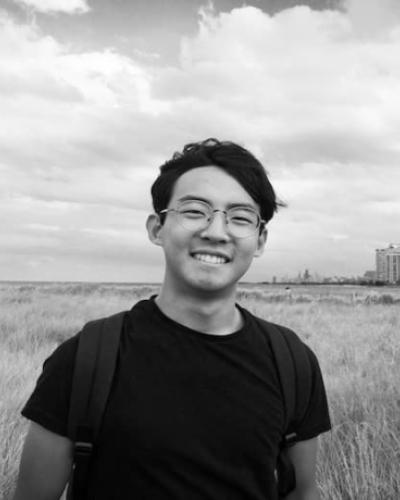John Yoon
Majors: Comparative, Literature, German Studies, and College Scholar
Courses Taken for the Major by Year:
Freshman:
1. COML 3021: Literary Theory on the Edge
Sophmore:
2. GERST 3070: Challenge of Literary Language
3. COML 3541: Introduction to Critical Theory
4. COML 3780: What is a People?
Junior:
5. GERST 3215: Performance Theater and Politics
6. COML 3542: Fables of Capitalism
7. GERST 4100: The Seminar (Poetry)
8. COML 6556: Rethinking Trauma Theory
-----------------------------------------------------------
*Study Abroad: Cornell in Berlin: Nietzsche
Senior:
9. COML 4211: Beyond the Limits of the Human
10. COML 6793: Narrative Theory
Why I Chose These Courses:
I started college without knowing what I wanted to study and, as I explored a variety of subjects in my freshman year, I encountered comparative literature in my second semester. Comparative literature seemed to me to be a field that engages and responds to many of the assumptions made in and are sometimes even foundational to other disciplines. If one explicit aim of comparative literature is to read literature across linguistic traditions, it also implicitly highlights everything that an exclusive focus on a single national literature, a scholarly discipline, or even a particular mode of reading might miss. The interdisciplinary nature of comparative literature was attractive to me.
Because comparative literature gives a lot of space for interdisciplinary exploration and freedom, it also demands independence, which has helped me grow intellectually. Since declaring the major at the end of my sophomore year, my professors in comparative literature have pushed me to structure my own course of study and develop my own ideas toward the goal of writing a thesis. As a senior, I'm now working on a thesis project about conceptions of privacy. Having majored in comparative literature, I feel that I have a solid foundation for any kind of further work, academic or not, where careful reading skills, critical thinking, strong writing ability, competence in a foreign language, and sophisticated analytic skills are called for.
Most of all, what my classes always taught me is a deepened appreciation for literature. Some of my favorite classes involved reading novels, poetry, or plays alongside theory. These have showed me that literary works are not only sites of powerful thinking, because they are uniquely capable of conveying things that are not as easily expressible in ordinary language, but also a reminder of everything else that language can bring about: bewilderment, remembrance, critique, and enjoyment.





